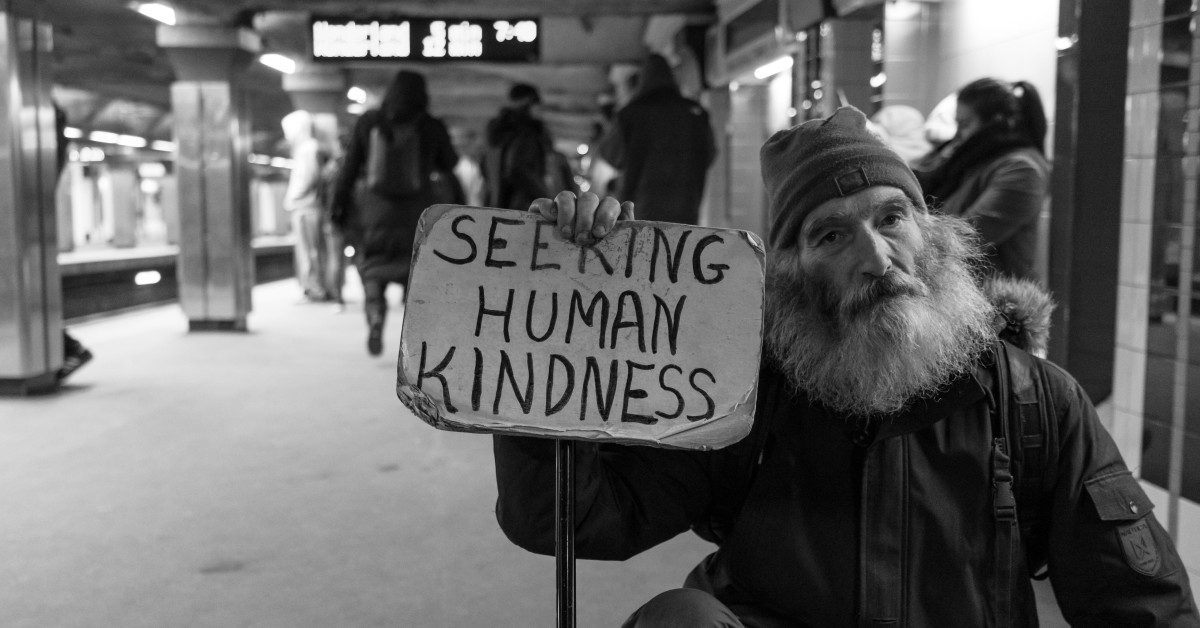
What Certifications Do Medical Social Workers Need?
Health care systems require social workers to assist individual patients [...]

Domestic abuse is surprisingly, tragically prevalent. According to data from the Centers for Disease Control and Prevention’s (CDC) National Intimate Partner and Sexual Violence Survey (NISVS), 41 percent of women and 26 percent of men experience domestic violence in the form of physical violence, sexual violence, or stalking during their lifetime. In addition, over 61 million women and 53 million men experience psychological aggression by an intimate partner. This form of domestic violence includes controlling behaviors that include emotional, mental, and economic abuse.
On a typical day, America’s domestic violence hotlines receive more than 20,000 calls. Stressful conditions only exacerbate the problem. Domestic violence against women increased during the COVID-19 pandemic following lockdowns.
Fortunately, victims of domestic violence can and do sometimes escape. Even then, challenges await. Survivors of abusive relationships often battle an emotional and psychological toll. That’s where counselors, psychologists, therapists, and advocates can play a critical role. These professionals specialize in assessing the mental state of survivors, providing one-on-one or group counseling, connecting them with social services, and ensuring their safety.
This article discusses how to become a domestic violence advocate or counselor as well as:
Becoming a domestic violence counselor or advocate is not an easy task. Along with education and proper training, aspiring counselors also need empathy, compassion, and other interpersonal skills.
Education and training typically determine your level of responsibility in this profession. You can become an entry-level advocate with an associate’s degree; a bachelor’s degree can expand your responsibilities. If you’re pursuing a counseling career, you will need a master’s degree.
Here’s a pathway aspiring counselors can expect to follow:
Regardless of your level of education, certifications and credentials from organizations can enhance your credentials and qualify you for higher-level work. Consider certificates from:
Following your education, you must obtain proper licensure and state certification requirements before you can practice. The Association of Social Work Boards (ASWB) provides national licensure for social workers. Additional licensure varies by state. The ASWB exam is a 170-item multiple-choice exam that tests your competence in crisis intervention, human behavior and development, social work ethics, applied practice skills, and other social work-specific areas.
Additionally, individuals seeking to support domestic violence victims through counseling can opt to obtain the National Certified Counselor (NCC) credential provided by the National Board for Certified Counselors (NBCC). You’ll need to pass a certification exam at the end of your training.
Performing the duties of a domestic violence counselor or advocate requires a versatile set of skills, including crisis coordination, active listening, empathy, time management, and boundary-setting. All of these skills can affect your daily interactions working with vulnerable clients.
All social workers perform their duties under enormous stress due to the nature of their work. However, assisting victims of domestic violence may add another layer of pressure because of the emotional state of the client base. In these cases, social workers must combat compassion fatigue, which can cloud judgment, potentially lead to burnout, and take a psychological toll.
The Bureau of Labor Statistics projects nine percent growth through 2031 in the social work job market. The agency estimates about 75,000 new openings each year during that period. Not all of those jobs will be in domestic violence counseling, obviously, but some certainly will.
Getting your start as a domestic violence counselor or advocate can involve volunteer work with a national domestic violence organization like the National Coalition Against Domestic Violence (NCADV) and the National Domestic Violence Hotline (The Hotline). Additionally, if you’re seeking state or local opportunities, you could volunteer by answering calls from a hotline center or working in an administrative role at a domestic violence shelter.
Earning certifications or participating in advocacy training to enhance your professional development is another way to prepare you for a career in domestic violence counseling and advocacy.
Additionally, expanding your professional network can help you stay in the know of available roles. These connections can happen through internships during your bachelor’s degree program or field practicum requirements from your MSW program. Furthermore, connecting with classmates and faculty may be beneficial when seeking a full-time opportunity. If you hope to work as a licensed mental health counselor in domestic abuse, know that states require a minimum of a master’s degree to qualify for licensure.
| University and Program Name | Learn More |
|
Merrimack College:
Master of Science in Clinical Mental Health Counseling
|
|
|
Virginia Commonwealth University:
Online Master of Social Work
|
Domestic violence counselors and advocates support victims of domestic violence through psychological counseling, helping victims navigate the criminal justice system, and assisting with recovery.
Domestic violence counselors typically perform the following duties:
Most counselors work to help empower survivors after the psychological toll of domestic violence. Victim advocates can aid with legal representation, restraining orders, crisis intervention, creating a safety plan, arranging shelter, and helping procure other support services. It’s not uncommon for victim advocates to have a background in law enforcement or legal services.
These professionals typically work in:
Domestic violence counselors with a licensed clinical social worker (LCSW) credential can also work in private practice.
The average annual income for all social workers is just over $50,000. Mental health and substance abuse social workers (which could include domestic violence counselors and advocates) average $49,130 per year. Licensed counselors typically earn more.
Salary.com estimates that the average base salary for domestic violence counselors falls between a low range of $37,366 and a high range of $55,512, which, like any salary, varies by education, experience, and location. According to Salary.com, the top-paying cities in this profession are all in California:
Some higher-paying roles within domestic violence social work could include clinical social workers, therapists, or counselors in private practice. While it matters where you live, the industry you practice in, and your experience and skill level, a Master of Social Work degree can also help increase your earning potential.
If you’re seeking a role in counseling, you will need an MSW and proper licensure. Fortunately, many MSW programs offer flexible learning through on-campus, online, full-time, and part-time options.
MSW programs like those at Tulane University and Virginia Commonwealth University provide online learning opportunities convenient for busy professionals. These programs typically take two years of full-time study to complete. Some programs offer advanced standing degrees open to BSW holders. These can take as little as one year to complete.
In addition to the coursework requirements, students must also fulfill the field education requirement. Many online MSW programs allow students to complete their experiential, hands-on learning portion at an approved, supervised location within their community.
A career as a domestic violence counselor or advocate isn’t an easy path to follow. However, equipping yourself with the education, experience, strong ethics, and interpersonal skills puts you on the right pathway to advocate for victims of domestic abuse and help survivors thrive mentally, physically, and emotionally.
(Last Updated on February 26, 2024)
Questions or feedback? Email editor@noodle.com

Health care systems require social workers to assist individual patients [...]

The lack of affordable housing and sufficient mental health care [...]

In a hurry to get your Master of Social Work? [...]

Want to be a school social worker? Here are the [...]

Social work case worker salaries vary by function, education level, [...]
Categorized as: Counseling, Social Work, Social Work & Counseling & Psychology